Research group

Climate Sensitive Infectious Disease Lab
Climate change drives biogeophysical alterations in the environment, ultimately influencing the lifecycle of diverse living organisms and their ecosystems, including disease vectors, such as mosquitoes and ticks, and animal reservoir hosts to zoonotic pathogens.
Contemporary literature has documented over 1,000 pathways through which climate hazards influence the spatial extent, frequency and severity of outbreaks of various infectious diseases, mainly falling into the wider categories of vector-borne, water-borne and zoonotic diseases. Overall, the transmission risk of infectious diseases in relation to climate change is a global health challenge that today remains poorly understood.
The study of infectious diseases for prevention and prepardness is highly complex, requiring sophisticated methodology, and large databases of interdisciplinary data. Studying upstream drivers of infectious diseases, and ways to prevent disease occurrence, requires creative and unconventional thinking across many disciplines, from microbiology, entomology, zoology, medicine, epidemiology, computer science, and economics to climate science and geography, history and ethnography.

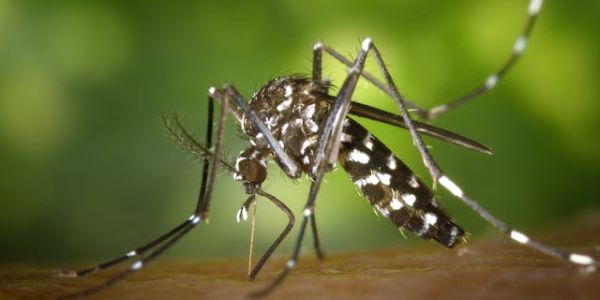
Our focus
To address these challenges, the CSIDlab combines cutting-edge research and methods from all these disciplines and synthesizes viable knowledge and evidence that are applicable and usable in facilitating decision-making through insights and tools for upstream prevention and mitigation, and more downstream preparedness and adaptation by:


Our projects
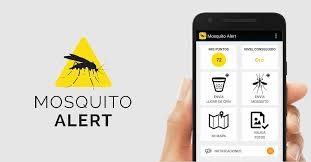
Mosquito-Alert
Mosquito Alert is a citizen science platform to study, monitor and control mosquito species that transmit diseases such as dengue, Zika, chikungunya and West Nile virus.
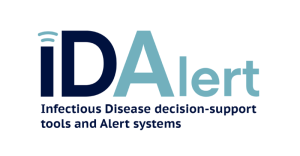
IDAlert
IDAlert aims to tackle the emergence and transmission of zoonotic pathogens by developing novel indicators, innovative early warning systems and efficient tools for decision-makers, and by evaluating adaptation and mitigation strategies to build a Europe more resilient to emerging health threats.

TULIP
The TULIP project creates and advances knowledge on socio-ecological processes and the dynamics of the antimicrobial resistance-plastic pollution-climate ecological nexus as well as evidence of links to human and animal health, and provides viable solutions that challenge the status quo and ignite lasting change toward health-promoting environments.

BEPREP
BEPREP aims to prevent future pandemics by studying and identifying best practices for biodiversity recovery and public health interventions that mitigate disease risk.

PANDASIA
PANDASIA aims to gather information on social and biological data, model zoonotic spillover rates, and study disease emergence in high-risk settings in Thailand to identify potential pandemic drivers along nature-rural-urban gradients.
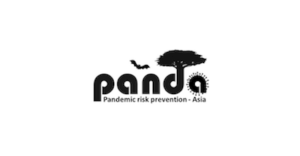
PANDA
PANDA aims to systematically investigate processes and interactions, human risk behaviors and actions, and structural barriers at the human-animal-environment interface, which lead to zoonotic infectious diseases emergence.

Alexander von Humboldt Professorship
By introducing innovative mathematical and bioinformatics methods for modelling and quantifying the impact of climate change on public health, Joacim Rocklöv’s Alexander von Humboldt Professorship is set to give new impetus to climate change research at the University of Heidelberg.
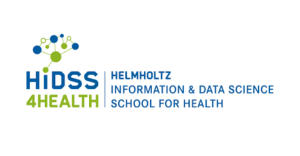
HIDSS4Health
The aim of the Helmholtz Information & Data Science School for Health (HIDSS4Health) is to attract, promote and train the best young talents at the interface between data science and health-related applications. HIDSS4Health offers a structured doctoral training program embedded in a highly interdisciplinary research environment, bringing together experts from the data and life sciences.
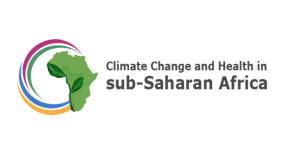
Climate Change and Health in sub-Saharan Africa
The DFG-funded research unit project “Climate Change and Health in sub-Saharan Africa” focuses on understanding and addressing the impacts of climate change on health in rural populations in Burkina Faso and Kenya.
Our publications
Decision-support tools to build climate resilience against emerging infectious diseases in Europe and beyond
Rocklöv, Joacim et al. (2023) // The Lancet Regional Health – Europe, Volume 32, 100701, DOI: 10.1016/j.lanepe.2023.100701
The 2024 Europe report of the Lancet Countdown on health and climate change: unprecedented warming demands unprecedented action
van Daalen, Kim R et al. The Lancet Public Health, Volume 9, Issue 7, e495 – e522, DOI: 10.1016/S2468-2667(24)00055-0
Mosquito Alert interactive map
West Nile virus eco-epidemiology and climate change
Heidecke J, Lavarello Schettini A, Rocklöv J. (2023) // PLOS Climate. DOI: 10.1371/journal.pclm.0000129
From heatwaves to food systems: epidemiologists addressing climate challenges
Treskova M, Bärnighausen T, Pompeu CR, Rocklöv J. // International Journal of Epidemiology. 2024 Oct;53(5):dyae117
Disclosing temperature sensitivity of West Nile virus transmission: novel computational approaches to mosquito-pathogen trait responses
Heidecke J, Wallin J, Fransson P, Singh P, Sjodin H, Stiles P, Treskova M, Rocklov J. // bioRxiv. 2024:2024-09
An interpretable covariate compartmental model for predicting the spatio-temporal patterns of dengue in Sri Lanka.
Liu Y, Fransson P, Heidecke J, Liyanage P, Wallin J, Rocklöv J
A climate and population dependent diffusion model forecasts the spread of Aedes Albopictus mosquitoes in Europe
Barman S, Semenza J, Singh P, Sjodin H, Rocklov J, Wallin J. // bioRxiv. 2024:2024-09.
CSIDlab group leader

Joacim Rocklöv
Joacim is an Alexander von Humboldt Professor and the group leader of the Climate-Sensitive Infectious Disease lab at the Planetary Health Hub at Heidelberg University.
His research is breaking disciplinary boundaries by integrating a wide range of unconventional and critical areas including epidemiology, global health, infectious diseases, ecology, socioeconomics, climate change, modeling, and machine learning, and developing predictive and scenario-based modelling.
joacim.rockloev(at)uni-heidelberg.de

